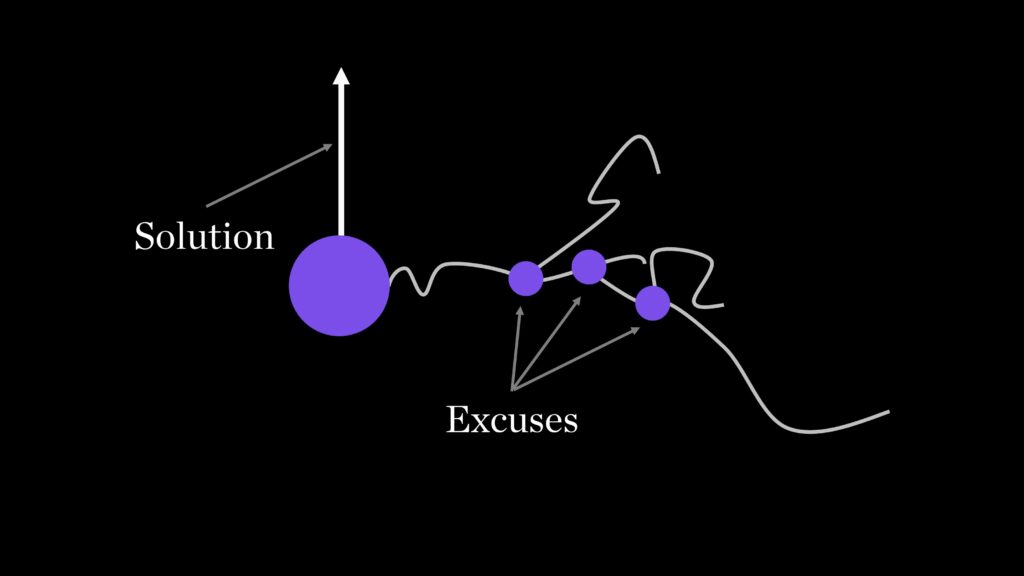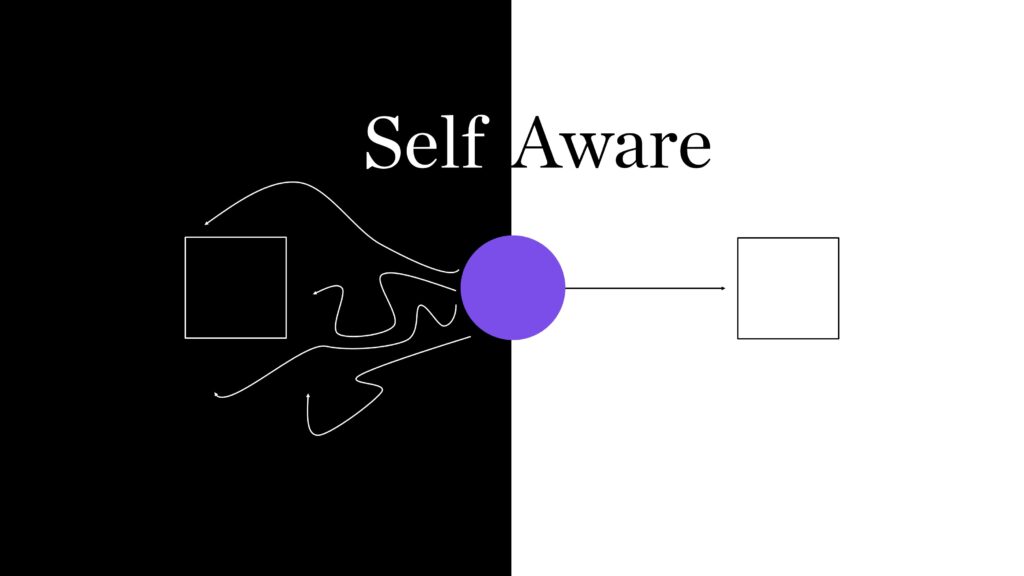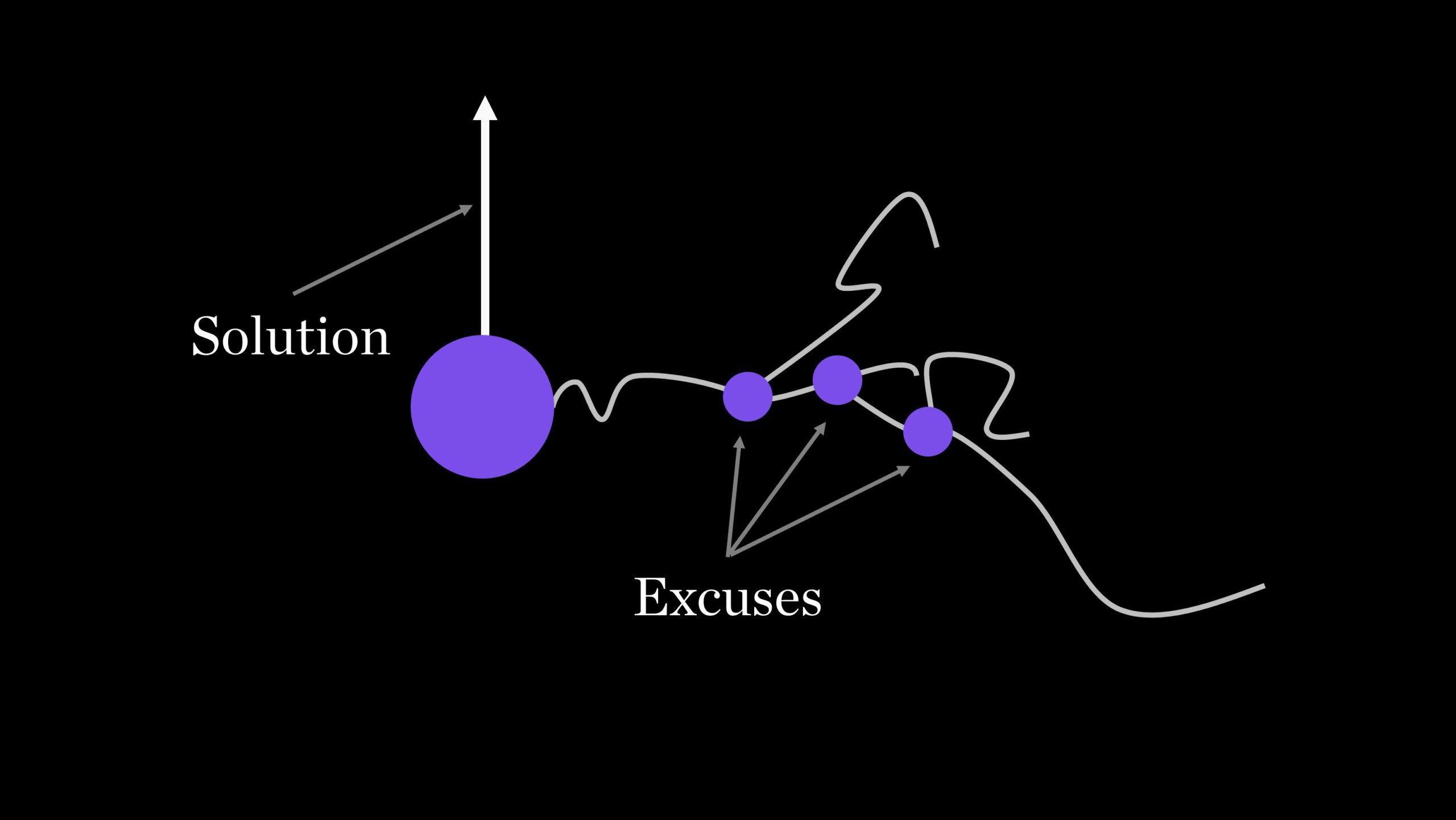Article last updated on November 19, 2023
How often do you hear someone say they don’t take care of themselves? They might blame their busy schedule or lack of time, but the real reason is that they don’t want to put in the effort.
Self responsibility is a skill that can be learned and practiced.

Individual responsibility starts with the importance of self-care and it is essential to living a happy life.
When you neglect your health, you risk developing serious illnesses. You should never underestimate the importance of self-care. If you don’t take care of yourself, you won’t be able to take care of anyone else. Self-care is important for everyone, no matter where you live or what your age is.
Taking personal responsibility for your own well being is an act of love toward yourself. It is also a way to help others around you by taking care of yourself first.
Most people who blame negative outcomes on external factors are actually blaming themselves. When we make excuses for why things aren’t working out, we’re not really looking at ourselves as the cause of our problems. We need to look inward instead of outward.
The more you practice self-responsibility, the better you will become at it.
Why is Being Self-Responsible Important?
Being responsible means taking full responsibility for one’s actions. This doesn’t mean that you have to accept everything that happens to you. However, if something goes wrong, you should try to find a solution rather than make excuses.

For example, your physical health is very important. You shouldn’t just ignore any symptoms you may experience. Instead, you should see a doctor immediately. That means being a self responsible person that takes charge of his/her health.
If you are having trouble controlling your emotions, then you should talk to a therapist about how to handle these feelings.
You should always think before acting. For instance, if you decide to drink alcohol, you should know that there could be consequences. If you are going to drive, you should know that drinking and driving isn’t safe.
We all need to learn to be self-responsible. The sooner we start doing this, the easier it will be to develop into a mature adult. As adults, we need to take care of ourselves so that we can provide for others. We need to set an example for others.
Accepting responsibility helps us grow
It is such a liberating feeling when we realize that we are responsible for our own happiness. We feel like we can finally take control of our lives.
This realization gives us the courage to face the challenges that come our way.
This is especially true when we recognize that we are not 100% responsible for other people. We cannot expect them to change unless they want to change themselves first.
Having a feeling of autonomy is a good thing. It allows us to do whatever we want without worrying about what others might say or think.
It enables us to stand up for ourselves and speak our minds.
When we accept responsibility for our own lives, we gain freedom from outside influences. We need to stop letting other people dictate our behavior.
We become free to do whatever we want because we are in total control of our own destiny.
Recognize When You Avoid Self-Responsibility
To explain why being self-responsible is important, I’ll list some of the most common characteristics of avoiding self-responsibility and what the consequences are of avoiding the concept of responsibility.
Blame others
It is easy to point fingers at other people when things go wrong. However, blaming others is only a temporary solution. Blaming others does not solve anything. It makes us feel good temporarily, but it doesn’t change anything.

People who blame others usually end up feeling guilty because they feel like they failed in some way. They often feel helpless and hopeless.
When you blame someone else, you are denying your own responsibility. By refusing to accept responsibility, you are letting yourself off the hook.
When you blame others, you are saying that you are powerless over their behavior. You are giving them power over you.
This is a dangerous thing to do. People with low self-esteem tend to blame others for their failures. This causes them to feel bad about themselves.
This leads to anxiety. These feelings lead to unhealthy behaviors such as overeating or substance abuse.
By blaming others, you are setting yourself up for failure. You are putting yourself in a position where you cannot succeed.
By accepting responsibility, you are showing that you are willing to work towards achieving your goals. You are demonstrating that you are able to control your environment.
Self-serving bias
Self-serving bias is the tendency to believe that our own behavior is more beneficial than that of others. We also tend to believe that our own success is due to our efforts, while others’ success is due to luck.
Our brains are wired to favor the self. Self-serving bias has been shown to affect decision making. When people have an opportunity to make a choice between two options, they choose the option that benefits them personally.
The problem with this is that we don’t realize that we are actually harming ourselves by choosing the less healthy option in the long term.
The only right choice is to look for an objective perspective. We must remember that we are part of a larger system. By looking from a broader perspective, we can see how our actions impact others.
If we want to live healthier lives, then we need to become aware of our biases. That’s the only way to become a self-responsible person.
Low self-control
We all know that we should eat better, exercise more, sleep better, etc. But sometimes we just don’t follow through on these suggestions.
There are many reasons why we fail to follow through on our plans. One reason is that we lack self-control. Lack of self-control means that we have trouble resisting temptations.

Our brains are hardwired to focus on immediate rewards instead of future rewards.
Another reason is that we have low willpower. Willpower is the ability to resist temptation. Low willpower means that we have little control over our impulses.
It is very important to develop self-control if we want to achieve our goals. If we lack self-control, we will be unable to stick to our diet plan or workout routine.
It is not easy to overcome our weaknesses. However, it is possible to improve our self-control. We can learn new skills to help us regain control over our lives.
One of the most effective ways to increase self-control is to practice mindfulness meditation. Mindfulness helps us stay focused and calm during stressful situations.
I have talked about stillness before. Stillness allows us to get into the present moment. It helps us avoid distractions.
How to Practice Self-Responsibility
The obvious question now is, “How do I become a self-responsible person?” Well, to be honest, it is easy to get caught up in the daily grind of life. There are many demands placed upon us.
This leads to feeling tired and stressed. To avoid this situation, you need to take control of your life.
You need to set aside some time each day to reflect on your progress.
You need to ask yourself questions like:
What am I doing? What am I trying to accomplish? How am I going to accomplish my goal? Am I accomplishing what I wanted?
These questions are very helpful because they give you a sense of direction. They allow you to evaluate your current situation.
When you answer these questions honestly, you will start to notice patterns in your life. This will help you identify areas where you need improvement.
Here are the steps to practicing self-responsibility correctly:
1. Being aware of oneself
Self-awareness is crucial to being self-reliant. We cannot change our behavior unless we are self-aware.

To begin with, you need to understand your own personality traits. Personality traits are characteristics that describe who you are as an individual. These include things such as your temperament, values, beliefs, attitudes, likes, dislikes, habits, and interests.
Once you understand your personality traits, you need to understand how you react when faced with different situations.
For example, let’s say that you are a Type 1 person. This means that you tend to act quickly. When you encounter a problem, you try to solve it immediately.
If you are a Type 2 person, then you tend to think more carefully before acting. You might procrastinate for a while before making a decision.
Understanding your personality traits will help you to know what kind of problems you face. Once you know what problems you face, you will be able to find solutions to them.
The more self-aware you are, the better decisions you can make. The better decisions you make, the less likely you are to repeat mistakes.
2. Take full ownership of your actions
All future outcomes depend on past events. All past events once happened. Now, you must decide whether or not you want those events to happen again.

If you choose to change something, then you need to take full responsibility for your choices. If you don’t take responsibility, then you won’t be able to improve your life.
You see, in our modern times, there are so many people out there who blame others for their failures.
They feel that someone else should have done something differently. However, if you truly believe that someone else could have made a difference, then you would have taken action.
3. Zoom in and Zoom out
As you are taking responsibility for your actions, you also need to zoom in and zoom out.
Zooming in means focusing on small details of the situation. Zooming out means looking at the big picture.

Focusing on small details helps you understand what exactly went wrong. It allows you to pinpoint the exact reason why the outcome was negative.
Looking at the big picture lets you know what needs to be changed.
This is like a system for outcome monitoring. Whenever you feel confused or stuck, this system will help you to zoom out and then zoom back in to present moment to be more clear and self-responsible.
4. Stick To Your Plan
A self-responsible person always sticks to their plan. They never deviate from their goals.
When you stick to your plan, you avoid unnecessary risks. You avoid making mistakes. And you avoid wasting time and energy.
Sticking to your plan also makes sure that you never fall into the trap of “shiny object syndrome.”
Most people don’t have the laser focus to stick to the plan. When you stick to one plan, you avoid distractions.
Potential outcomes don’t stay potential anymore. Instead, they become real. Anyone who develops grit knows that sticking to a plan is rare. So be the person that does it.
5. Keep Growing. Keep Smiling
A self-responsible person is not some frowning, emotionless person. He/she is actually quite happy and positive. The point is to become a more capable person.
Once you realize that you are in control, you start to smile and grow. When you have control over the outcomes, you get to enjoy the process.
People that are in control over their lives tend to enjoy the process much more than people who aren’t in control.
Your mental health depends on how well you handle stress. Stress causes anxiety, and anxiety comes when we are not in control.
By growing into a more self-responsible person, you can smile back even in a stressful situation, because “You Got This.”
Conclusion
What a wonderful feeling it is when you realize you have more personal power. Your procrastination habits are reduced, your decision-making time is shorter, and you are better equipped to deal with any situation.
If you want to live a happier life, then you need to develop these five skills. Once you do, you’ll find yourself living a happier life.
Become a person who takes charge of his own life and sets an example for others to also become self-responsible. It is much needed in today’s world.


